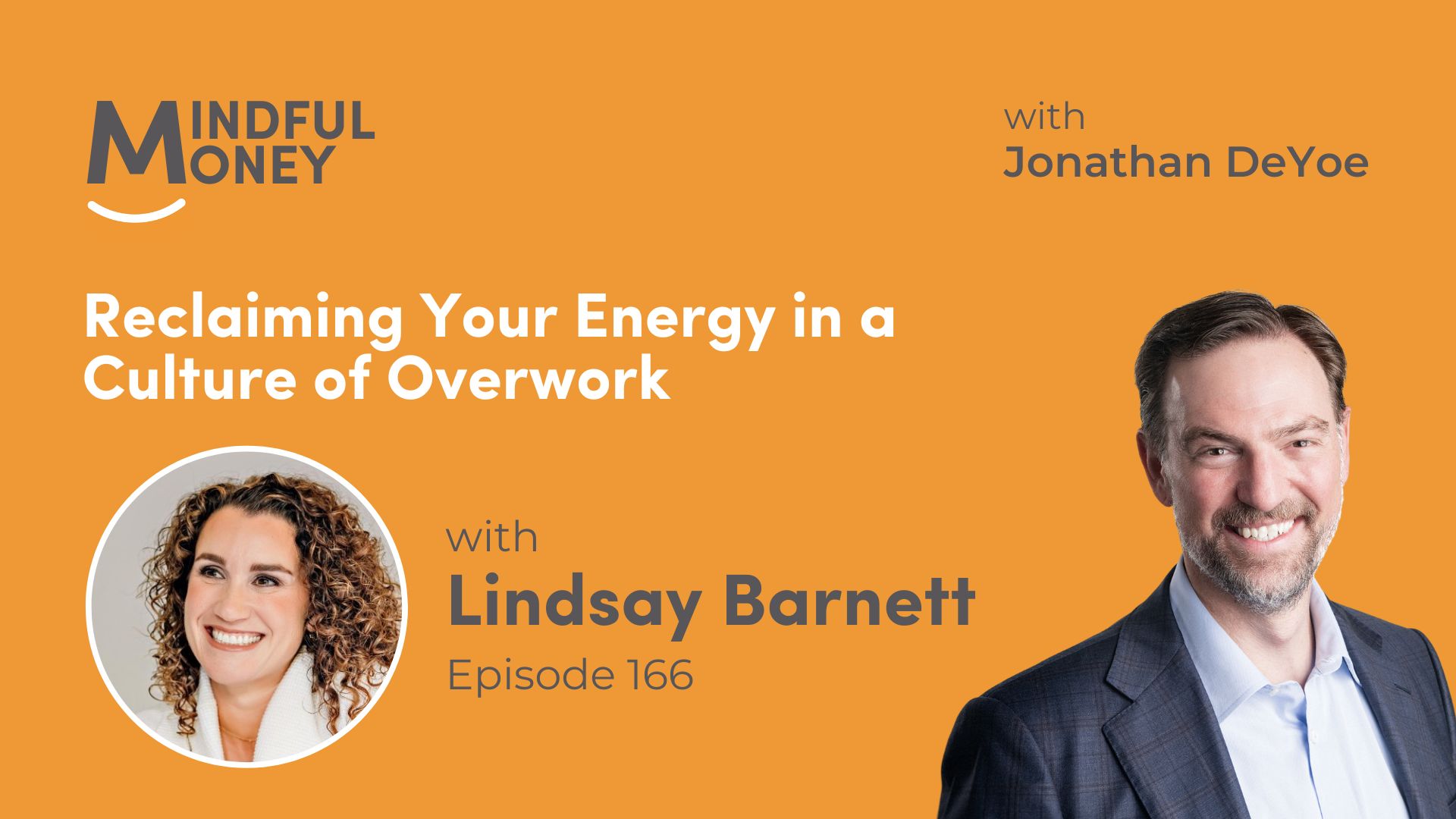Fair enough. Personal finance is an enormous topic.
Let me see if I can make it a little bit easier with an overview of our financial education courses.
Because our educational system teaches next to nothing practical about personal finance, there are usually two ways people come to the idea of personal financial education. Either they are in a crisis of a particular kind, or they are finally realizing that some general financial education would be helpful as they go about their regular lives.
When I created the financial education modules, my first goal was that they would be responsive to your needs. Whenever there is a financial issue you’re facing, you simply go to the course catalog and select the course that applies.
For example, if you were absolutely certain that your family is overspending, but you couldn’t figure out why or what to do about it, you would want to know how to create a family budget. In this case, we would recommend that you start with the Budgeting & Major Expenses module.
Or, if you were overwhelmed by debt but didn’t know the steps to organize, understand, and manage that debt, we would recommend that you start with Debt Payoff Strategies.
There are 18 of these education modules covering 18 individual topics.
Our most popular module during a bear market is our Bear Market Survival Guide. For $7 you’ll learn the short list of things you should do (and more importantly, not do) during a bear market.
We recently reduced the price of each module from $27 to $7. In a nutshell, we don’t want the price to be the reason you choose not to take financial education seriously.
If you wanted to take individual modules, then you would need to be able to diagnose the basic issue before you start. It may help to peruse the course catalog to identify the thing you need in the moment.
But, what if you don’t have an acute issue? What if your interest is more general than that? What if you don’t have a particularly specific need – you just know that you should be better at personal finance and you want to take steps?
In that case, we have broken the 18 individual modules down into 3 “Life Stage Courses.”
Foundations was created for young adults – high school students, college students, and recent college graduates. Foundations focuses on the basics: savings & expenses; budgeting; account management; skills development; and understanding your credit profile. This course is $27. It also happens to be the course many have taken for free.
If you are affiliated with a high school or college program and want access for your members, please just ask.
Pathways was created for people in their early – mid career. In addition to all the modules in Foundations, Pathways includes topics like setting goals, understanding loans, paying off debt, basics of investing, and understanding risk & insurance. This course is only $47.
Legacy was created for people in the later stages of their careers. It provides additional details about a variety of styles of investing, it ads in economics and taxation, it covers retirement planning, the basics of estate planning, and the process of engaged philanthropy. This course is only $57.
These are all pure financial education courses. Each course includes video tutorials, quizzes, text-based lessons, and an extensive workbook. They are designed to help individuals get the answers they need at a very low price-point.
For under $100, you can have access to all 18 modules.
These are the best low-cost way to get a financial education – right when you need it, from wherever you are.
In the coming weeks, I will re-introduce ways we can support your DIY financial planning effort as well as how you can engage us more directly.





